
The changing landscape of oil markets
According to the latest IEA monthly oil market report, US is on track to become the world’s largest oil producer in 2018. While OPEC and

According to the latest IEA monthly oil market report, US is on track to become the world’s largest oil producer in 2018. While OPEC and

The Innovation for Cool Earth Forum (ICEF) has selected their “Top 10 Innovations” in energy and climate change mitigation, highlighting the most notable recent measures

A book, a multimedia project, a journey to reveal what is happening behind the scarcity of water resources, and how climate change plays a decisive role.

Intensification of agriculture and forestry, climate change, resource extraction, invasive alien species, and pollution are driving biodiversity loss and the reduction of nature’s contributions to
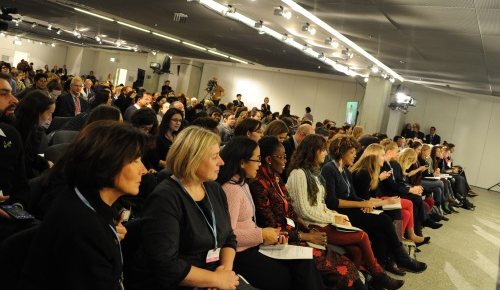
Data show the role of women is still limited in climate research and international climate institutions. However, initiatives are increasing to make decision-making processes more inclusive and gender-responsive.
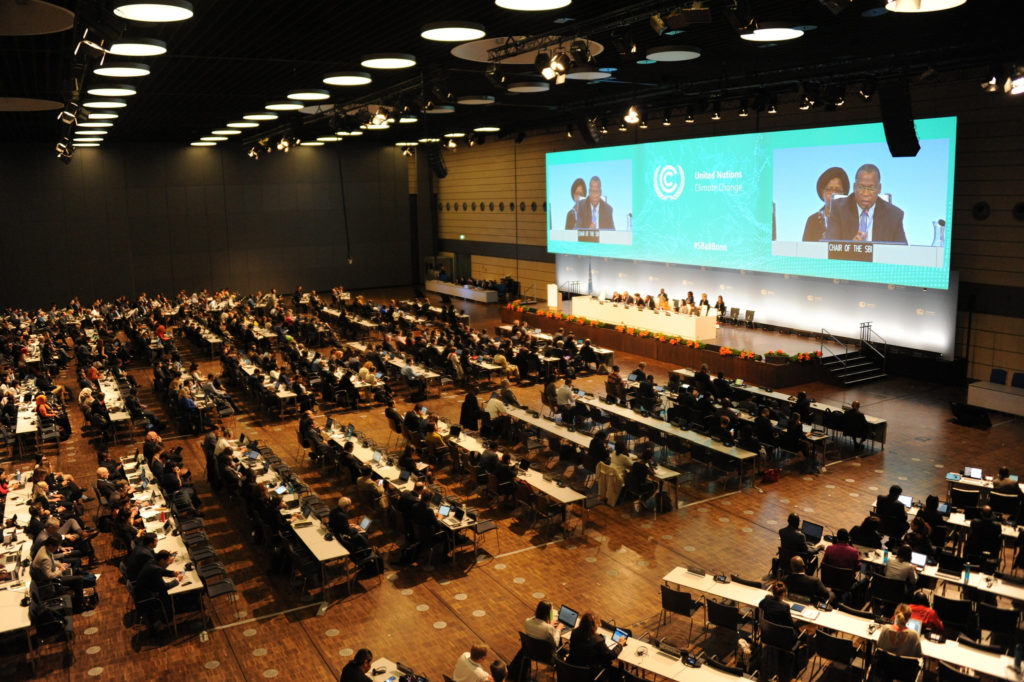
May session of UN climate negotiations closed in Bonn with slow progress on the operational guidelines of the Paris Agreement, due to be finalized and

Climate finance is among the most disputed issues during UNFCCC negotiations and the halfway climate talks taking place in Bonn this May made no exceptions.
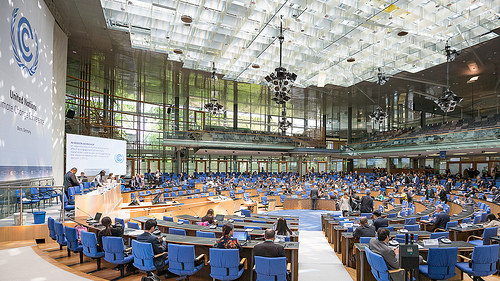
The Paris climate deal agreed in 2015 has set a new cycle for climate change policy. Among the several new mechanisms (many of which still to be settled down), the increasing engagement of non-Party stakeholders in the decision-making process it is a hallmark of the new course.

The International Maritime Organization (IMO) adopted a resolution that sets the target of cutting carbon dioxide emissions in shipping by 50% before 2050, and the complete decarbonization

The Global Covenant of Mayors for Climate and Energy has grown over the past two years, having merged its European and global networks in 2016,
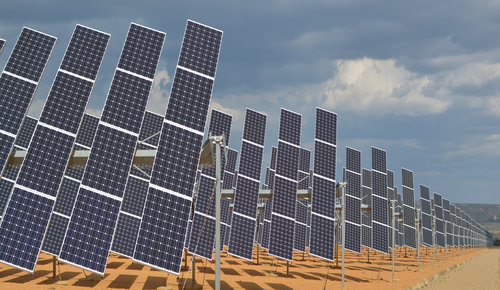
2017 was a strong year for renewable energy, as detailed in the new report The Global Trends in Renewable Energy Investment 2018, published on April
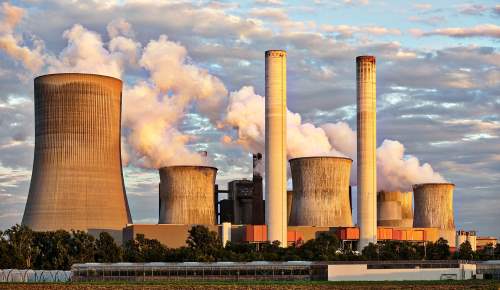
The lawmaking process to reform the European carbon market started in 2015 with the EU Commission’s first revision proposal from 2021 onwards (phase 4). With